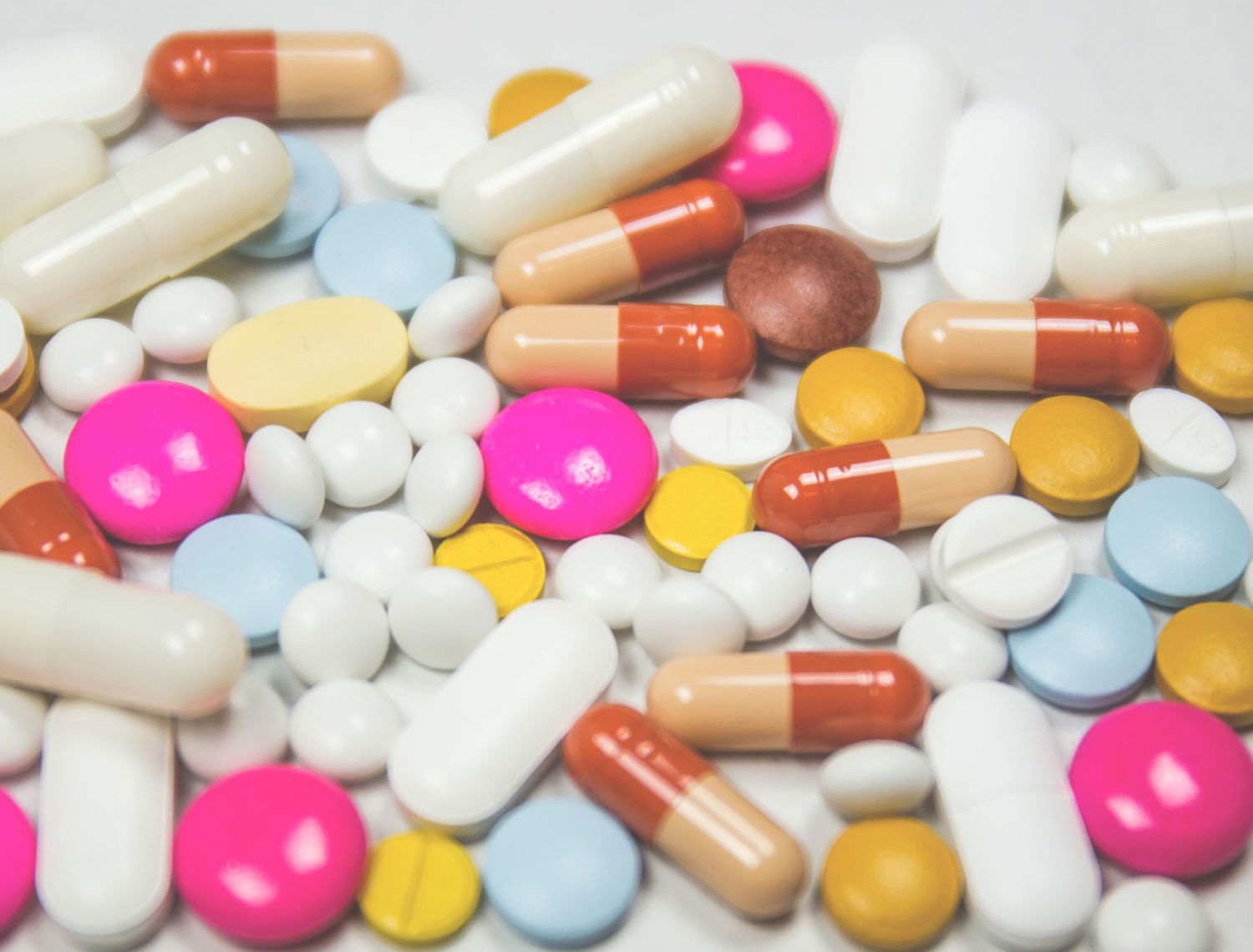Greatest Threat to Modern Medicine?

As an outbreak gripped Hyderabad, Pakistan, doctors desperately cycled through numerous treatments for quelling the unrelenting fever associated with typhoid. Deemed XDR typhoid - extensively drug resistant - the strain was immune to the effect of 5 antibiotics typically used against the typhoid fever, only responding to two medications. But what would have happened if even those two had failed?
Alexander Fleming had predicted dangerous antibiotic resistance when he collected his Nobel prize in 1945 for discovering penicillin. As bacteria cells randomly mutate, some withstand antibiotics while the “normal” cells are wiped out. These surviving mutants, procreate generations of superbugs, rendering the medication used against their predecessors useless. The more often bacteria are introduced to antibiotics, the faster resistant variants arise. With already nearly three million annual cases of antibiotic resistant infections in the US and the medical pipeline dried up, the formidable estimates of 10 million world-wide deaths by 2050 seem far too imminent.
The brunt of the problems stems from general misunderstanding of the limits of antibiotics and laxed - or sometimes absent - regulations. In the generations raised on the legends of antibacterial soaps and the wonderdrug, much of the population fall victim to the tendency either to turn to them for all illnesses or to stop their regime too early. Antibiotics do not have any effect against viruses nor do subsiding symptoms indicate all invasive bacterial cells have died off. Trying to self treat oneself by pressuring doctors to administer drugs that don’t work or discontinuing medication too early only contributes to CDC’s estimates of the nearly 50% of antibiotics being inappropriately used. That’s half of the nation’s human antibiotics being inadvertently wasted on speeding up those same antibiotics’ demise.
FDA’s voluntary guidelines for administering human antibiotics in livestock, mainly to promote growth, builds onto that. Nearly 60% of human infections are zoonotic, or originate from animals, so scientists are concerned not only would animals not have antibacterial treatments available for them when they fall ill, zoonotic diseases may carry antibiotic resistance genes, leaving humans no medincial defenses either.
As even “last resort” medications are starting to lose the battle against bacteria, we must face the sober truth; the time for ignorance has ended. But, while it’s tempting to point fingers at what industry has contributed the most to the daunting figures, it’s far more important to understand that a combination of many factors brought about this issue and it’ll take an unified step forwards to end it. Listen to your doctor when they say antibiotics won’t help. Push for FDA to establish - and enforce - stronger guidelines for farmers to follow. And keep in mind that, as the foundation of modern medicine in the balance, we’re all in this together.
A little editorial practice writing I did last April.